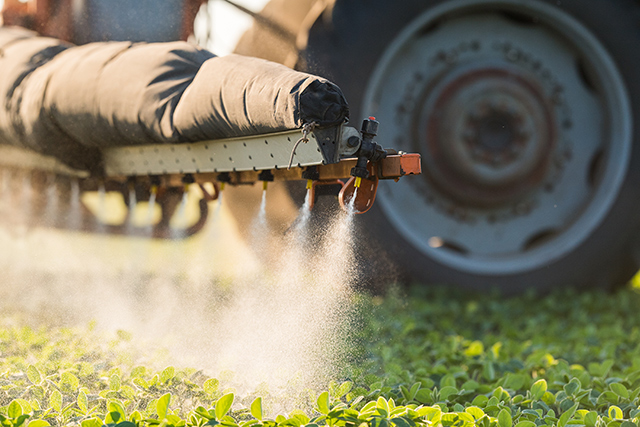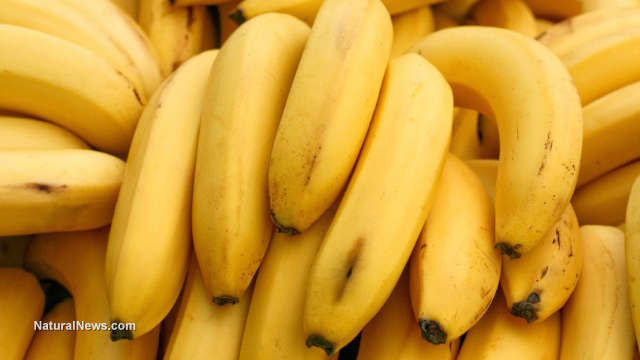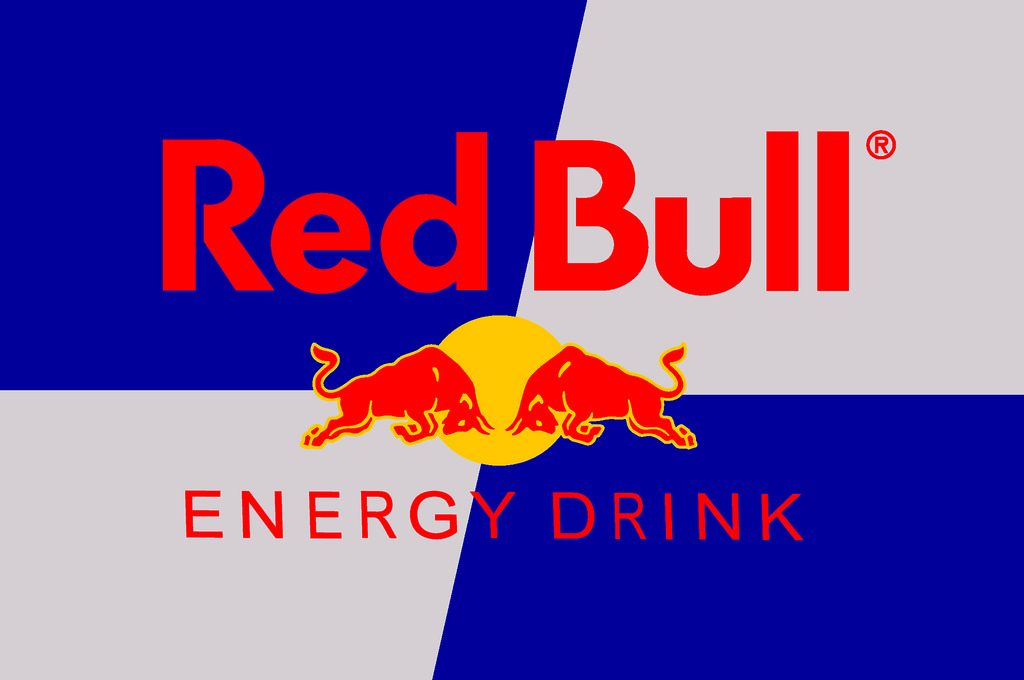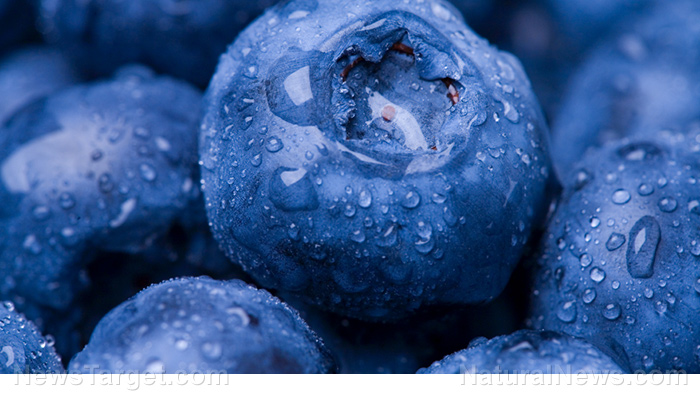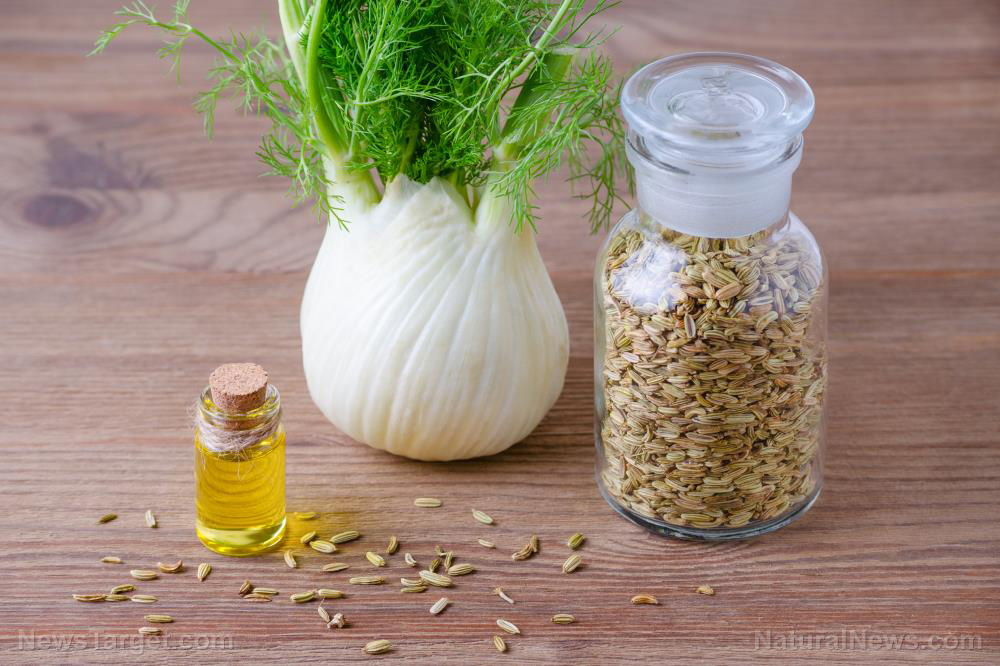Don’t want additives and chemicals in your snacks? Avoid these 11 BANNED ingredients in foods that Americans are STILL eating
08/06/2020 / By Divina Ramirez

Colored candies and hormone-packed meats are the norm in the U.S. and are not something most people second-guess before eating. But a lot of the foods that Americans eat on the regular are banned in countries across the globe.
Ocean Robbins, an adjunct professor in Chapman University’s Peace Studies Department and the chief executive officer of the Food Revolution Network (FRN), notes that a number of ingredients linked to chronic conditions, such as cancer, heart disease and diabetes, are still in use across the U.S. despite being banned in other countries.
This might explain the prevalence of these conditions in the U.S. despite being preventable diseases, Robbins adds.
Banned ingredients are still in use across the U.S.
It’s not uncommon for foods in the U.S. to contain additives, hormones and other substances that pose serious risks and consequences for human health.
Robbins attributes this disturbing convention to relaxed regulations on food manufacturing, cosmetics and other industries. For instance, food companies are not required to seek approval from the Federal Drug Administration (FDA) before marketing chemicals or adding more additives to their foods.
Furthermore, a lot of the chemicals and substances banned in other countries are those that the FDA deems “generally recognized as safe” (GRAS). As such, these ingredients are exempt from other tests that the FDA might require.
Robbins also questions the expertise of the authorities marking chemicals and substances as GRAS, citing that members of the panels tasked to evaluate ingredients have financial ties to all manners of industries.
Most of the chemicals on the GRAS list have also not had long-term testing on humans, Robbins adds. Therefore, these cannot be guaranteed 100 percent safe for consumption.
On that note, here are some of the most infamous food ingredients banned in other countries but not in the U.S.
Dough conditioners
Chemicals like potassium bromate and azodicarbonamide are often used to improve the texture of bread dough, hence their name. Scientists find that dough conditioners are potential carcinogens or cancer-causing substances. Studies also found that dough conditioners can cause breathing difficulties.
Brominated vegetable oil
Brominated vegetable oil or BVO is, first and foremost, a flame retardant. But this chemical can be found across various processed drinks including sodas and sports drinks. Research finds that BVO accumulates in human tissue, causing major organ damage and birth defects.
Propylparaben
In the U.S., this substance is used as a preservative to keep pre-made tortillas, muffins, pies and other baked goods from spoiling. But ongoing animal research suggests that propylparaben can affect sex hormones and sperm count in male rats. Scientists also found that propylparaben exposure is linked to breast cancer.
BHA and BHT
Butylated hydroxyanisole (BHA) and butylated hydroxytoluene (BHT) are synthetic antioxidants used as preservatives in cosmetic products, but they are also used in foods. Both BHA and BHT are possible carcinogens and hormone-disrupting substances.
Synthetic food dyes
Synthetic dyes are used to enhance the color of foods and make them more appealing to consumers. But recent studies found that these colorings are linked to a heightened risk of developmental problems in children.
Genetically modified organisms
Crops like soy, corn, cotton and alfalfa are genetically modified organisms (GMOs) and a number of European have long since banned them due to public health safety concerns.
GMOs are made through genetic manipulation to make them develop certain characteristics, such as being resistant to herbicides or being seedless. One of the most common herbicides used to condition crops to become resistant is glyphosate, and studies have found that glyphosate consumption is linked to cancer.
Roxarsone
Roxarsone is an arsenic-based drug added to chicken feed to increase chickens’ muscle mass but reduce their feed consumption. Arsenic is toxic in its inorganic form, such as those used in bronzing or making special glass. Studies reveal that chronic exposure to arsenic can lead to chronic diarrhea, heart disease, numbness and even cancer.
Ractopamine
Ractopamine is another drug used to increase the muscle mass of pigs, cattle and turkeys. This substance can end up inside humans through the consumption of contaminated animals.
Countries like Russia, China and most European countries have banned these substances because it has been found to pose serious consequences on human reproductive and cardiovascular health.
Herbicides, insecticides and fungicides
These products are still commonly used on crops across the U.S. Herbicides, insecticides and fungicides have been extensively studied in the past for serious risks and dangers they pose on human health, including cancer and birth defects. (Related: Glyphosate herbicide disrupts the development of the uterus, affects female fertility.)
Olestra
Olestra is a fat substitute used to keep the cholesterol content of potato chips and french fries at a minimum. But an emerging body of evidence suggests that olestra can cause gastrointestinal problems, including diarrhea and leaky gut syndrome.
Synthetic hormones
Recombinant bovine growth hormones (rBGH) and recombinant bovine somatotropins (rBST) are synthetic hormones fed to cows to fatten them up and increase their milk production. In humans, these synthetic hormones can heighten the risk of cancer.
Minimizing the risk of exposure to harmful ingredients
It’s near impossible to control the ingredients and chemicals that manufacturers put into their products. Nonetheless, there are doable steps one can take to minimize his or her exposure to these ingredients. Here are some of them:
- Check the label – Take a minute to read the labels and look for the ingredients mentioned in this list. It might take some time at first to go through each label, but if done often enough, checking labels can become second-nature.
- Choose fresh, organic foods – Fresh, organic foods rich in nutrients and beneficial plant compounds trump processed ones sitting for long periods in cans and jars. This can seem intimidating to people used to eating processed foods. For starters, cut back on junk foods and bottled drinks, or start eating fresh fruits for dessert.
- Cook at home – Cooking gives a person full control of the ingredients and foods to be consumed. Cook at home as much as possible, and skip takehome food or dine outs unless needed.
- Steer clear of GMOs and products of commercial farms – Look for the U.S. Department of Agriculture’s organic seal on the product, or check for explicit “GMO-free” labels if purchasing fresh produce. Do research on health hypes and food fads.
Most processed foods contain harmful ingredients that pose certain health risks to consumers. Make it a habit to inspect food labels, or practice cutting back on processed foods. If sustained, these little changes can lead to safer food choices and healthier eating habits in the long run.
Read more articles about the dangers of harmful ingredients in junk foods and processed foods at StopEatingPoison.com.
Sources include:
Tagged Under: artificial food dyes, Birth defects, breast cancer, fast food, food poisoning, glyphosate, GMO, heart disease, herbicides, synthetic hormones, toxic ingredients
RECENT NEWS & ARTICLES
COPYRIGHT © 2017 GROCERY NEWS

